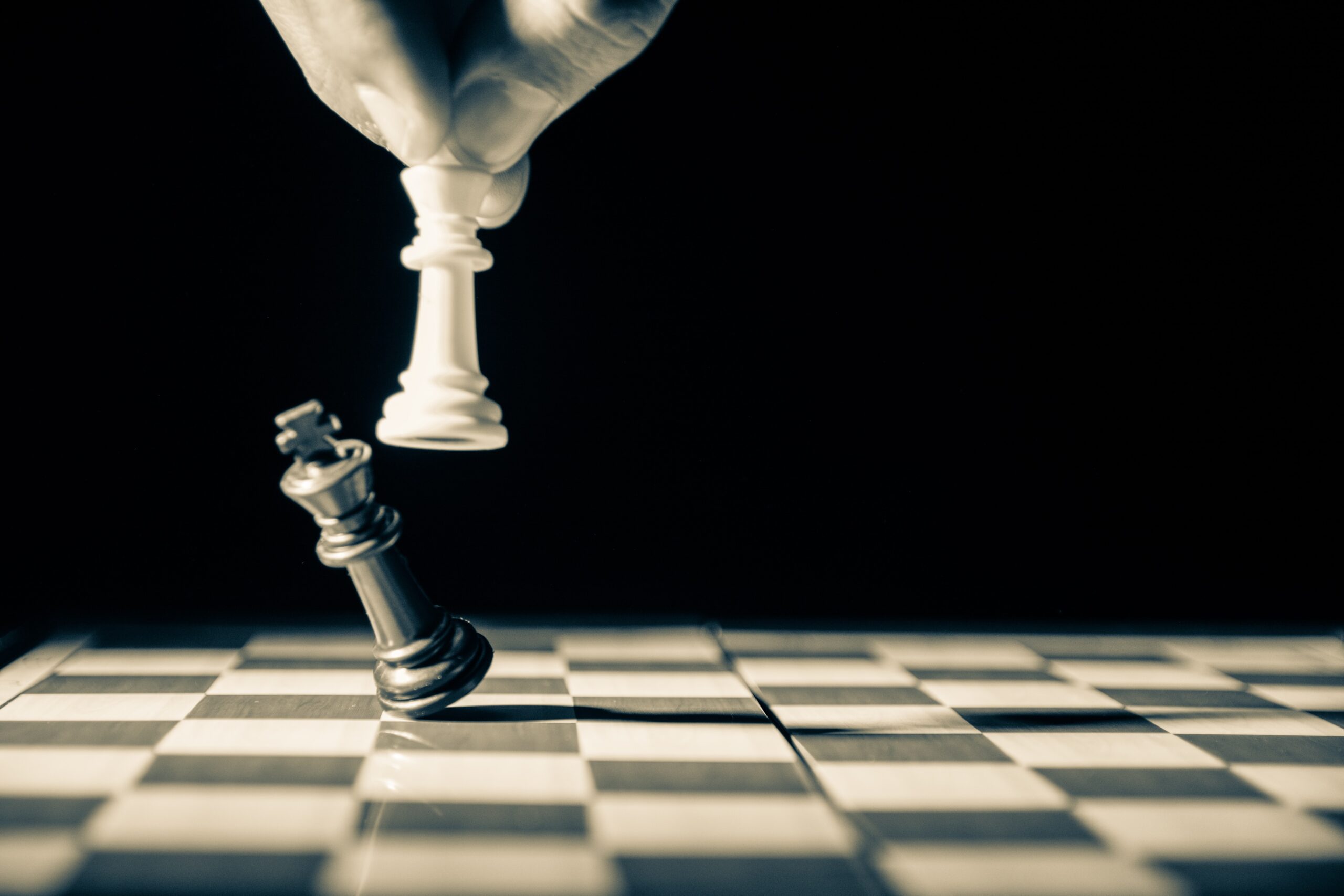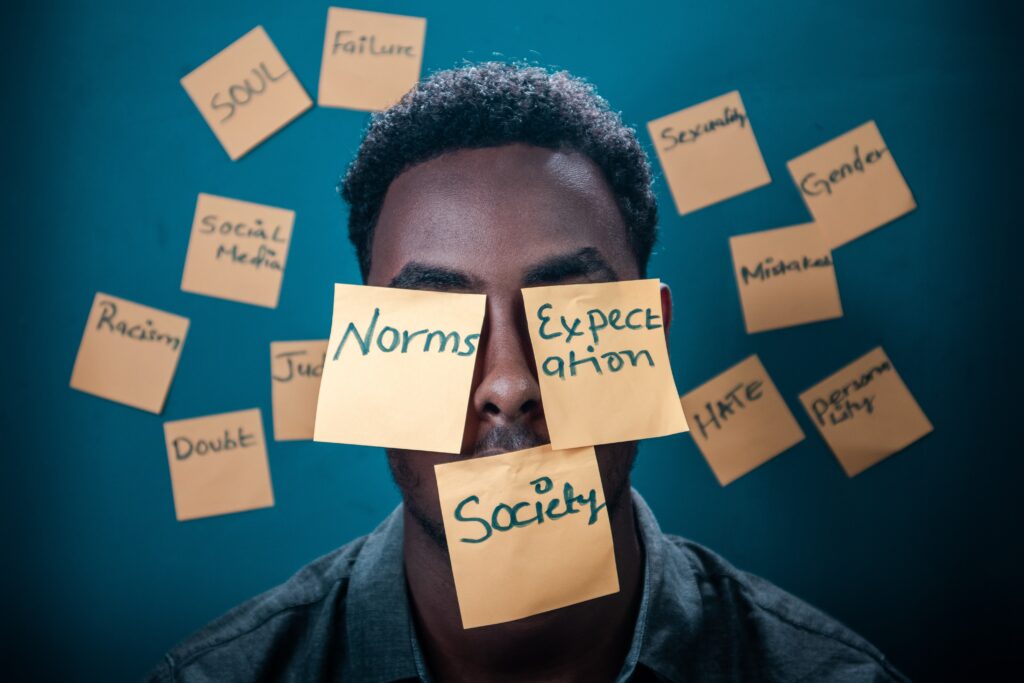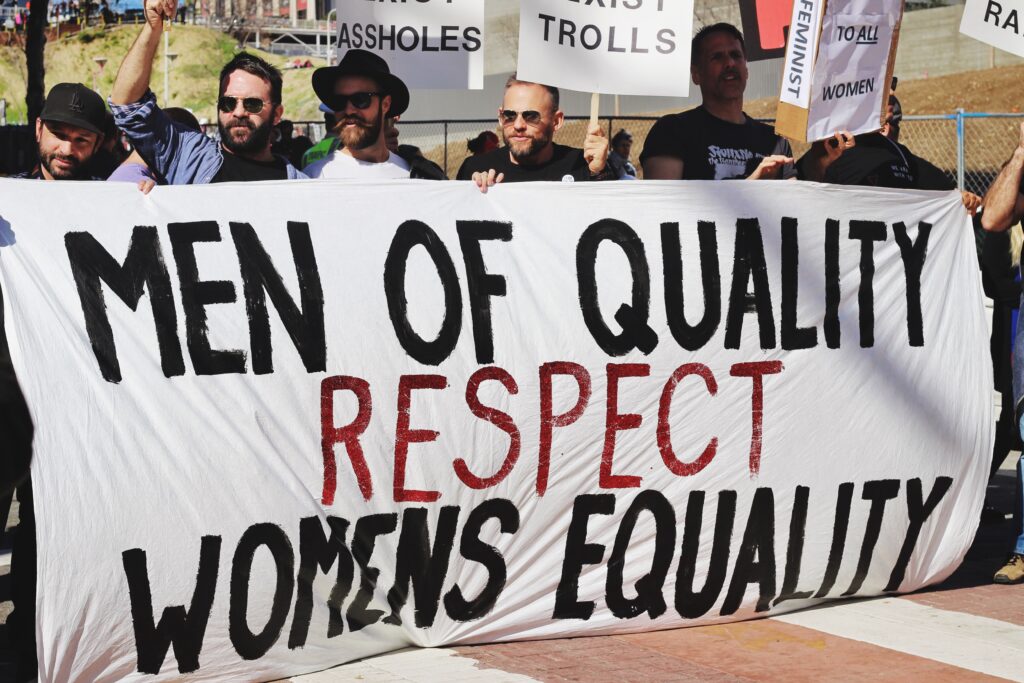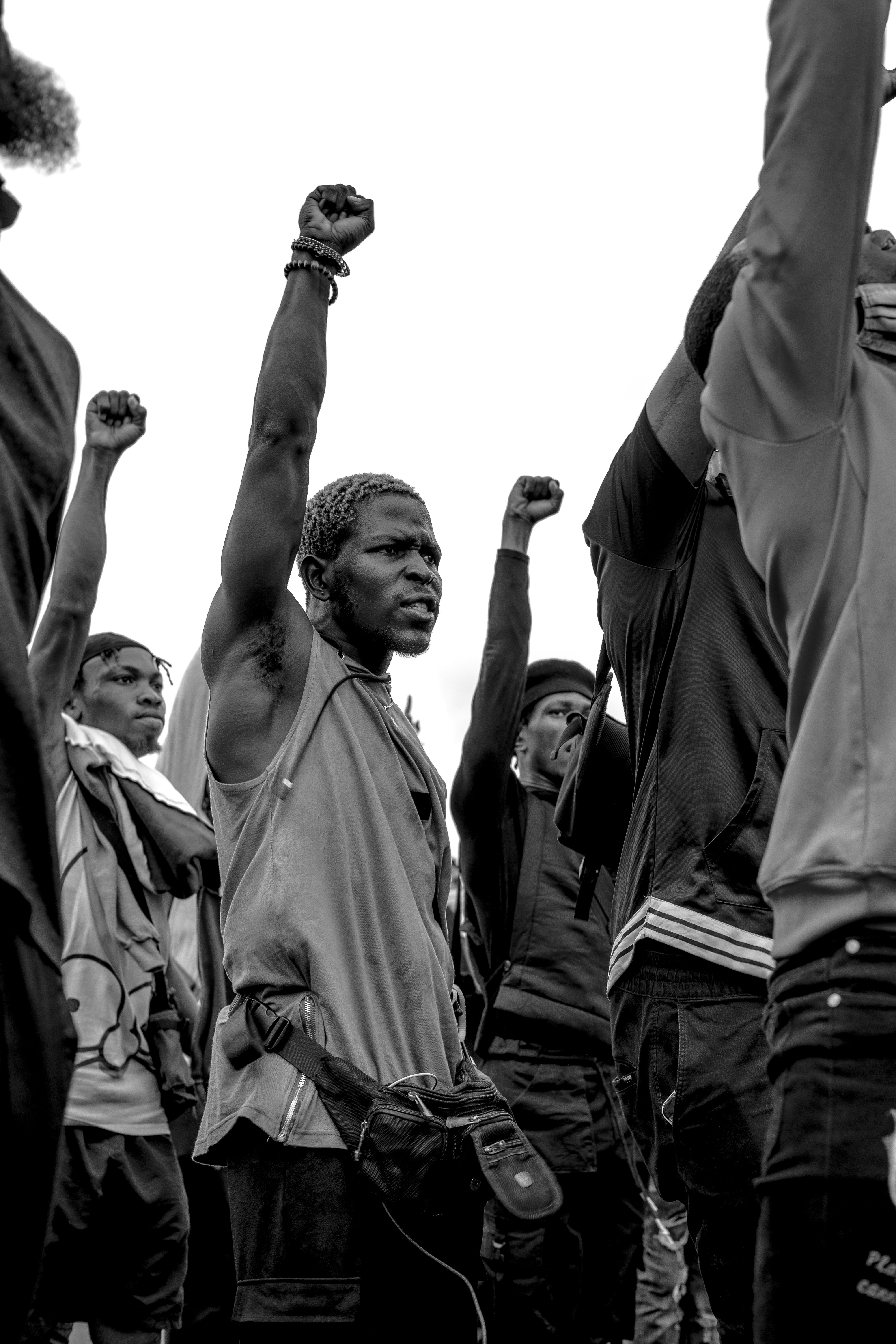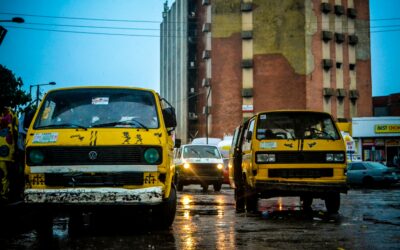Privilege is a term defined as “a special right or advantage available only to a particular person or group”. A common quote is, “education is a right, not a privilege”. Though in most developing countries, the opposite is the case.
I always had some sense of how being non-privileged felt. Firstly, I’m not wealthy or rich by any means, so financial privileges don’t apply. Secondly, I’m a Black man in a western country, which has a whole range of issues in itself. When people think of privilege, they tend to associate it with race, which is true to an extent. There’s still a considerable portion of privileges that manifest in other forms. I read a book recently by Dr Eugenia Cheng titled “the art of logic” that mainly covers how we use logic and why we disagree on things. The book delves into good detail, what privilege is and how we all wield it at different levels.
The unfair balance
Think of privilege as a tree. At the top are wealthy white men, a layer down, wealthy white women followed by wealthy ethnic minorities, etc. So yes, though the race is important, class and gender play an equally important role. Labelling myself as a wealthy female ethnic minority, I would have more privilege than a poorer white and ethnic minority but, I still won’t have as much privilege as a wealthy ethnic minority male.
Whether I choose to admit it or not, I am privileged by being born in a developed country and ultimately as a male. There are certain ways I can navigate the world that the opposite sex is limited. Be it in career opportunities to even walking home by myself late at night. Ever since I’ve logged out of social media, I spend more time speaking with my friends and just people in general. One of my friends asked me on our long and diverse phone conversations;
“Do you think there is any advantage to being a woman”
My response was blunt and with a slight sarcastic undertone. “No absolutely, who wants to be a woman? Across the globe, women are the most mistreated, abused, neglected and of course, let’s not forget underpaid.
Here are some facts about women’s inequality:
— Yemen is ranked the worst for gender gaps for 13 consecutive years.
— Around 3/4 of people human trafficked, are women.
— Women earn 80 cents for every $1 a man makes. This figure is even worst when adjusted for ethnicity.
A recognition
Having visited countries where the power of a dollar speaks volume, I’ve seen first hand the privilege money brings. Taking money aside, a privilege I’ve only recently understood was around protesting on a deeper level. Like being able to live relatively stress-free, without the government oppressing -physically at least- is something those in western countries take for granted.
Even basic human rights like the option of whether or not to protest is a privilege for some. People from the US, Germany, UK etc., don’t necessarily need to protest for their livelihoods. Of course, this changes when talking about issues faced by marginalised groups, but still, it’s an option they aren’t forced to do. Or at least they are allowed to do so somewhat freely — I say “somewhat” in the lightest sense. There are citizens from richer countries who probably haven’t needed to protest a day in their lives.
“It’s easier to tweet or condemn online than actually get up and do something about it.”
On the flip side, for those in places like occupied Palestine, Haiti and Hong Kong, protest-privileges aren’t an option. Palestinians don’t have the luxury of turning a blind eye to the oppression they face daily. Neither do those in Haiti. It most certainly isn’t a viable option for Hong Kongese. They’ll be jailed, exiled or magically disappear.
The Change
Research from hundreds of successful protest campaigns by American political scientist Erica Chenoweth mentions the 3.5% rule. Most successful campaigns only take around 3.5% of the population to come together to make a change.
To solve the privileges our society faces, we will need to illuminate and educate those in positions of power to their privileges. A man in a mirror moment, if you will. One thing I would stress also is;
Though I am privileged, I’m not immune to oppression
I remember a friend telling me he had been on something close to twenty protests in his life at only twenty-three years old. At that moment, my heart dropped, and I realised despite being oppressed myself, I too fall under the privileged umbrella, having not ever needed to protest a single day in my life.
I made the promise that day. I would take a more active approach whenever I could, to help issues that affect those less privileged than myself and be part of the rule.

